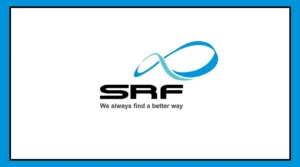Mumbai: On Monday, the Securities and Exchange Board of India (SEBI) released a consultation paper suggesting simplified rules for very large companies to launch Initial Public Offerings (IPOs).
The key proposals include lower minimum public offer requirements and extended timelines to meet public shareholding norms.
Current Challenges with Large IPOs
At present, large companies are required to offer a significant portion of their shares to the public at the time of listing.
This often leads to very large IPO sizes, which can be difficult for the market to absorb.
SEBI believes the proposed changes will reduce the pressure on companies to sell large stakes immediately, while still ensuring gradual compliance with shareholding rules.
Reduced Retail Quota for Big IPOs
One major proposal is to reduce the retail investor quota in IPOs above ₹5,000 crore. Currently, 35% of shares are reserved for retail investors.
SEBI suggests lowering this to 25% for such large issues to make the process more manageable.
Minimum Public Offer Based on Company Valuation
Under the new framework:
Companies with a valuation between ₹50,000 crore and ₹1 lakh crore must offer at least ₹1,000 crore in IPO and a minimum of 8% of post-issue capital.
These companies must increase public shareholding to 25% within five years.
Companies with a valuation between ₹1 lakh crore and ₹5 lakh crore must offer a minimum of ₹6,250 crore and at least 2.75% of post-issue capital.
Timeline to Reach Public Shareholding Targets
For companies in the ₹1 lakh to ₹5 lakh crore range:
If public shareholding is less than 15% at listing, it must be increased to 15% within five years and 25% within 10 years.
If public shareholding is already 15% or more, the 25% target must be met within five years.
Gradual Listing for Very Large Companies
These proposals would allow very large companies to begin with smaller IPOs and gradually increase public shareholding over time, giving them greater flexibility.
Call for Public Feedback
SEBI has invited public comments on these proposed changes. Feedback can be submitted until September 8.






















